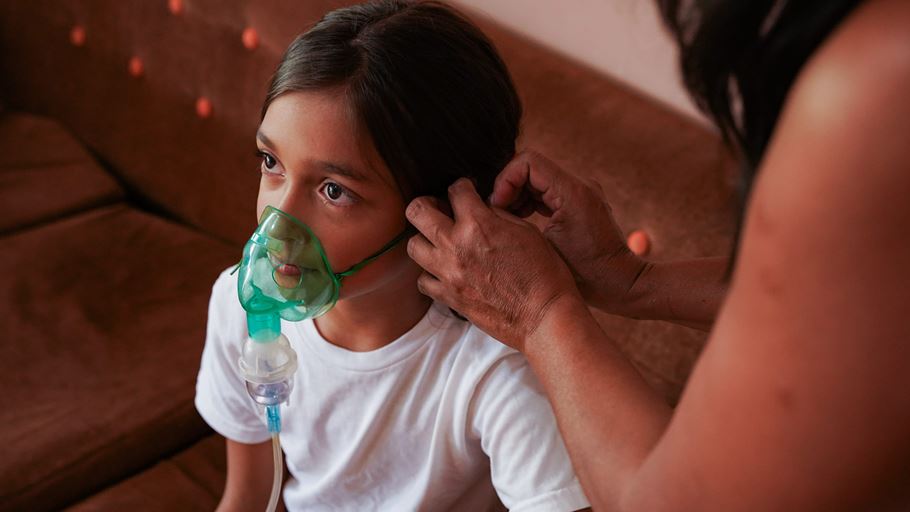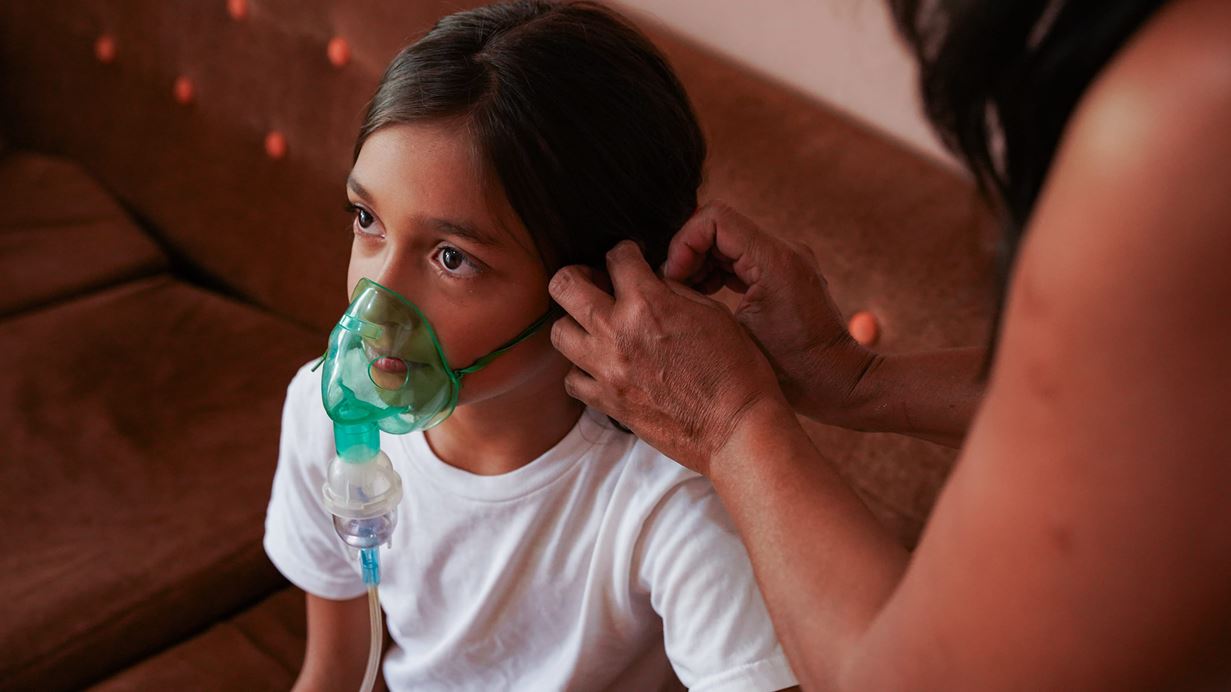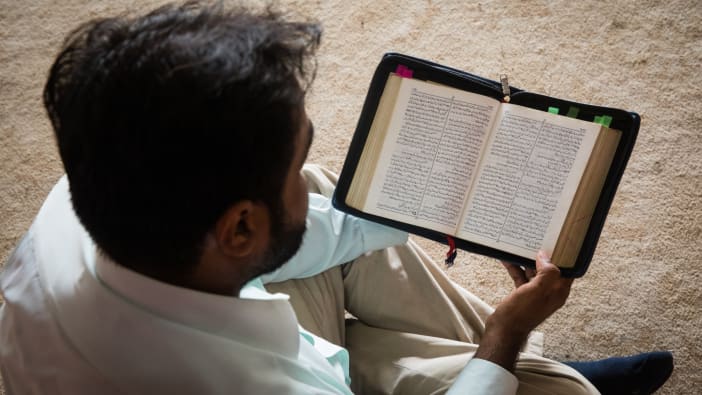Yosely Andino, a grandmother living in Honduras, had only ever burnt or dumped her family’s household waste until their village, El Rincón, started to benefit from a garbage truck coming through the community collecting waste.
The United Nations Environment Programme (UNEP) reports that 40 million people lacked access to waste collection across Latin America and the Caribbean in 2018.
Yosely, 48, began to see the health impacts of the burning of waste when her granddaughter, Valery, started to need a nebuliser to help her breathe.
The impacts of burning waste
‘One of my granddaughters suffered chest pain due to smoke pollution. The air was contaminated, but now the way we do it [dispose of waste] is no longer by burning, and she has improved in that she no longer gets sick,’ says Yosely.
Two billion people, one in four, worldwide don’t have access to safe waste collection and disposal. This devastating reality means that, globally, as many as one person every 30 seconds is dying from illnesses and diseases caused by living near dumped and burnt waste – diseases such as heart disease, cancer and respiratory infections.
In El Rincón, the local church has taken on the responsibility and is leading the way with re-educating the community in relation to waste disposal. Tearfund is working alongside Pastor Wilfredo Vásquez, who leads the Church of God, and the project has helped to change the lives of around 4,000 people.
A banner hangs outside the church saying ‘Lets be part of the solution, not the pollution’.









.png)



